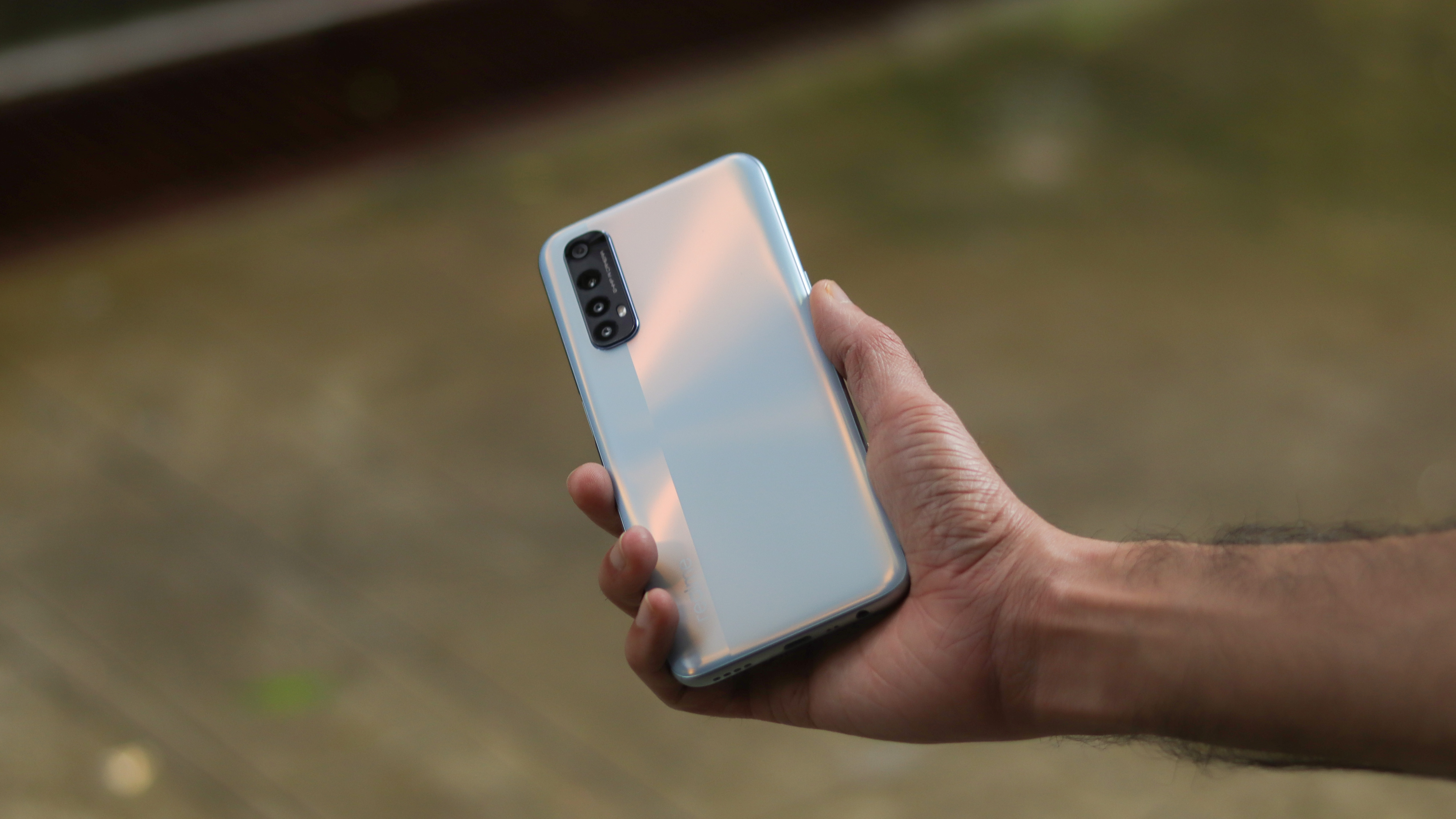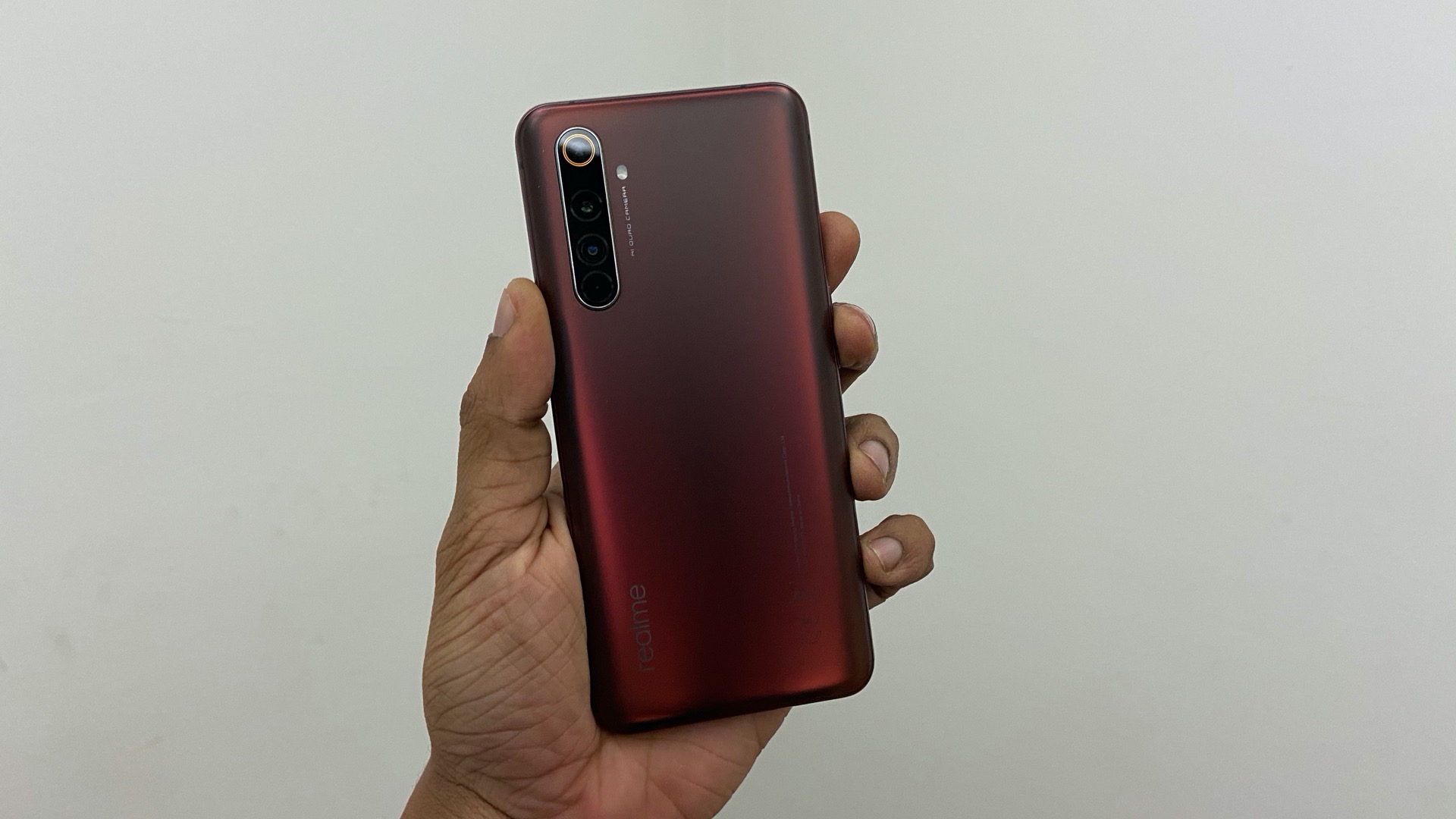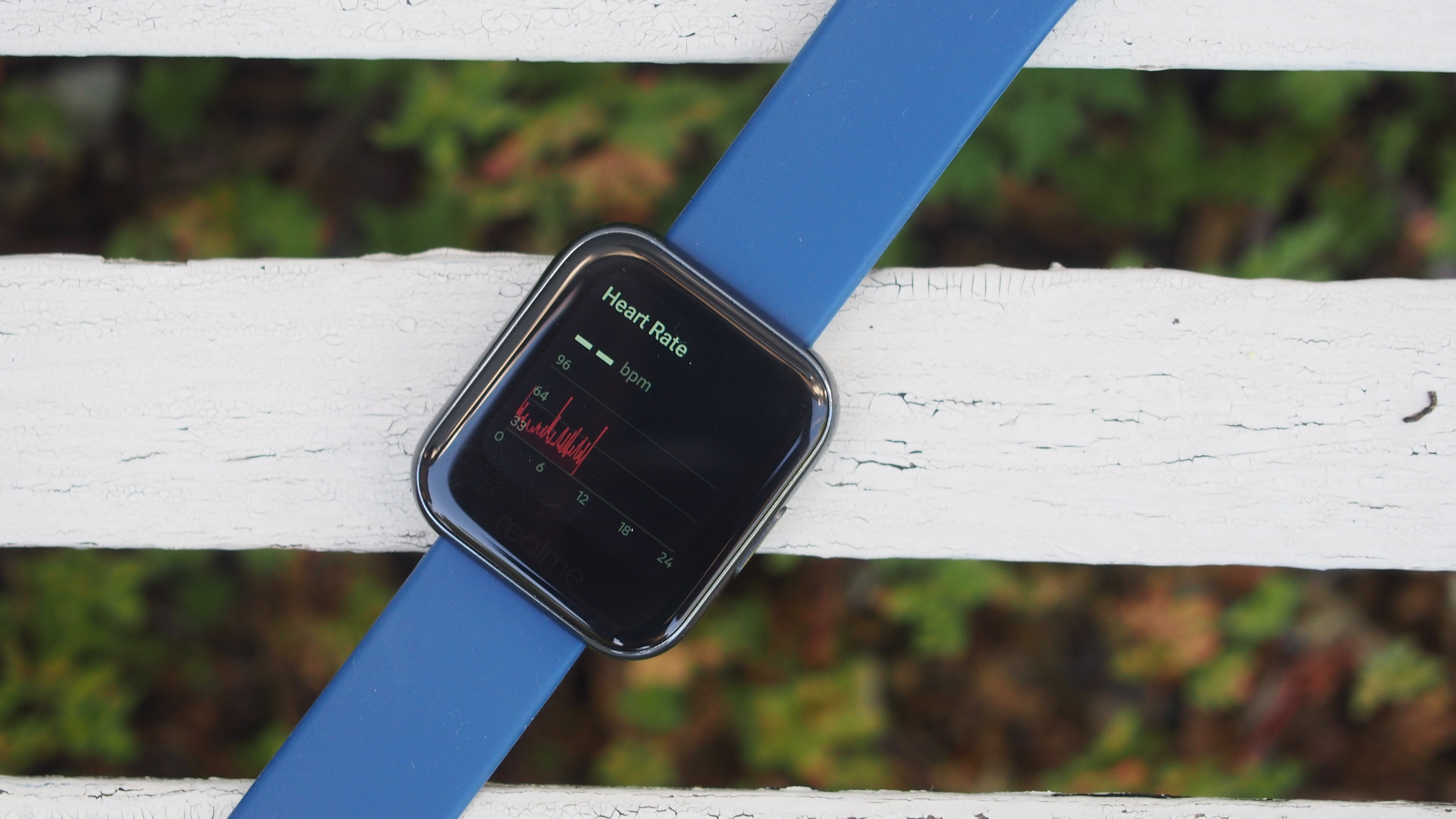You might be able to buy Realme's affordable phones in the US very soon
We spoke with Madhav Sheth, Realme CEO

Like Xiaomi, Oppo and OnePlus, Realme is a Chinese smartphone manufacturer whose popularity is on the up in the West. The company’s smartphones, smartwatches and other gadgets offer excellent value for money, which means Realme is quickly gaining ground in the competitive budget phones market.
Realme doesn’t trade in the US, and is a relative newcomer in the UK, but changes to the former, as well as strides being made elsewhere, suggest the company’s future is looking bright. We spoke with CEO, Madhav Sheth, about what we can expect to see from the company down the line.
Some of Sheth's quotes have been edited for clarity and brevity, but the meaning has been kept intact.
Realme's upcoming premium phone

Realme is known for bringing affordable and mid-range devices to the market. We asked Sheth whether the company had any plans to dip its toes into the top end of the arena; his response was frank yet brazen: "definitely – that's where the fun is!"
But to Realme, 'premium' is not the same as 'expensive': “It’s just about moving up the price ladder. I’m not thinking of the pricing of segments; what I’m thinking about is innovation.
"With Samsung and Apple, it’s about the innovation - forget about the pricing. I’m talking about user innovation. You see that _with our 125W charging. Easing consumers’ lives by developing a better user experience; I think that’s what we’ll get into [with the upcoming premium phone].”
Realme recently unveiled 125W fast-charging for smartphones, a facility whereby a phone with a 4,000mAh battery can be brought up to 33% charge in only three minutes. Phones with this technology are expected soon.
Sign up for breaking news, reviews, opinion, top tech deals, and more.
So what other innovations might we see in a Realme premium phone? "Maybe in terms of your user experience, in terms of UI, charging, screen,” he said.
Although Realme doesn’t yet appear to have a solid idea of the form a top-end device would take, it feels the company’s focus is to create a handset for consumers who are looking for a little more than what they get with its budget devices. 2021, or maybe later – keep your eyes peeled.
More on 5G
"I'm gung-ho about 5G" Sheth told us, and his delivery of those words gave us the impression this wasn't just a marketing stance for Realme, but Sheth's personal belief. "I think 5G is going to be the next most practical innovation."
The reasons for this seem to tie in with the aforementioned comments about user experience. "I believe it can enhance the user experience in quite a lot of ways," Sheth told us. Since 5G is still a rather new technology, it's hard to envision all the ways it could benefit us in the future, but suffice to say Realme is planning ahead.

"As hardware manufacturers, we’re going to bring more affordable 5G devices to the market to make sure that basically every consumer can experience Realme devices."
That doesn't mean 4G phones are dead quite yet. According to Sheth, "I think we’ll continue with 4G, but we want to try to bring affordable 5G phones for below €300 (roughly $350 / £270 / AU$490)". At such a low price, many would argue a 4G device wouldn’t remain a consideration.
Non-phone gadgets
There are few smartphone manufacturers that don't also dabble in markets such as tablets, wearables, audio and more. With its Realme Watch, Realme Buds Air and more, Realme is creating quite the portfolio in related markets.
We initially asked Sheth about new wearables, but it seems the scope of that question was too narrow: "[We're launching] not only wearables. Audio, TVs, and all of the categories related to IoT [Internet of Things, or connected devices]; I think we’ll be entering into all of those segments."
The products could come soon, too: "By the middle of next year, we’ll have more than 100 IoT product categories". At IFA 2020, just before our interview, Realme announced new products that included a TV, audio buds, a new smartwatch and more – and it seems the company has plans to continue to release products at such pace.

Like many smartphone companies, Realme has its 1+4+N strategy, wherein that '1' is your smartphone that controls gadgets in four key areas (including wearables and audio products), and also a large number (N) of smart home and IoT tech. Come next year, we might even catch a glimpse of what a Realme connected smart home looks like.
Partly in the USA
Like Huawei, Xiaomi and Oppo, it isn’t possible to buy Realme phones in the US currently. In general, the mid-range and affordable phone markets are pretty barren in the US compared with many other countries.
Change is afoot, though. Sheth is dreaming big for Realme, with plans to hopefully launch in the US sometime soon.
"Once I’m able to convince customers in Europe [to use Realme phones], I’d be much more ready to go into the US market." The company is taking a staggered approach to markets, which is familiar with the company’s movements to date; Realme first became huge in India, before it considered a move Westward.
Sheth mentioned that Realme might start looking into a US move as early as 2021, although with the changeable state of the world right now, it’s difficult for any company to set plans in stone.
Whenever the move happens, however, it would be for reasons that aren’t purely business-focused. Throughout our interview, Sheth spoke as much about his personal views as he communicated Realme's official stance, and it felt like for him, it’s more about putting Realme phones in people’s hands, than simply receiving the money for the transaction: “If I’m able to give [technology] to the masses at a good quality, I think that would be a great incentive for myself".
Talking to Madhav Shath was a refreshing experience, free of marketing spiel. He gave an honest glimpse into Realme's plans and aims – as well as his own. If any of what he shared comes to fruition, there could be a new affordable phone heavyweight in the US market pretty soon.

Tom Bedford is a freelance contributor covering tech, entertainment and gaming. Beyond TechRadar, he has bylines on sites including GamesRadar, Digital Trends, WhattoWatch and BGR. From 2019 to 2022 he was on the TechRadar team as the staff writer and then deputy editor for the mobile team.